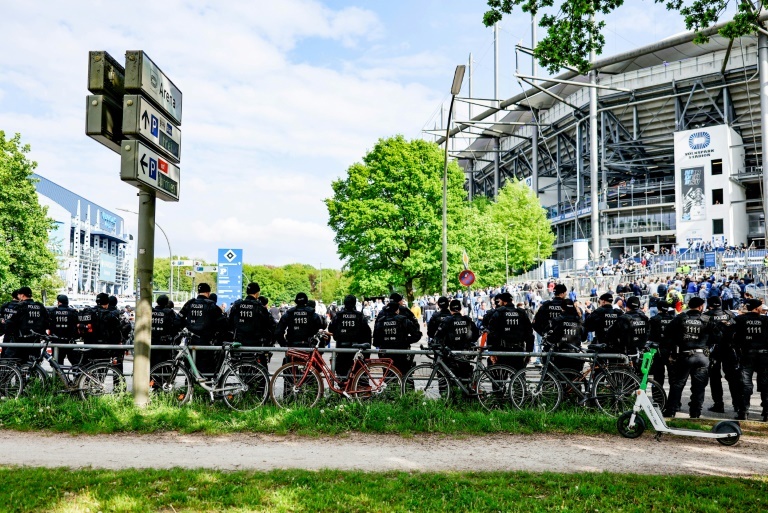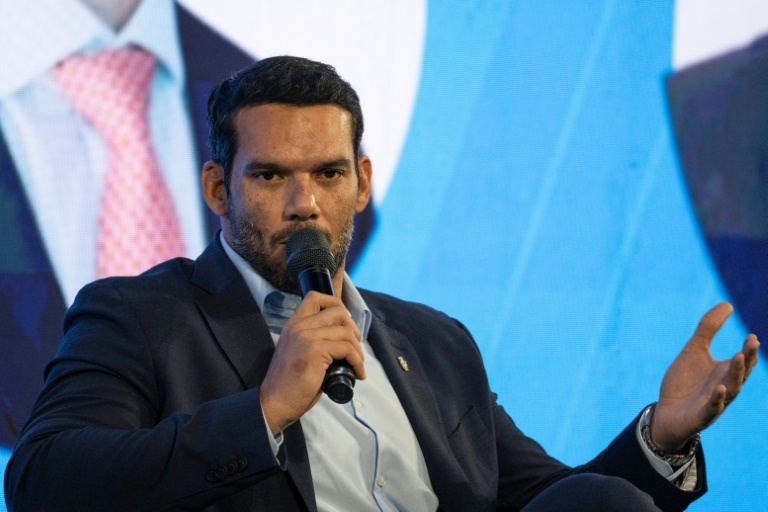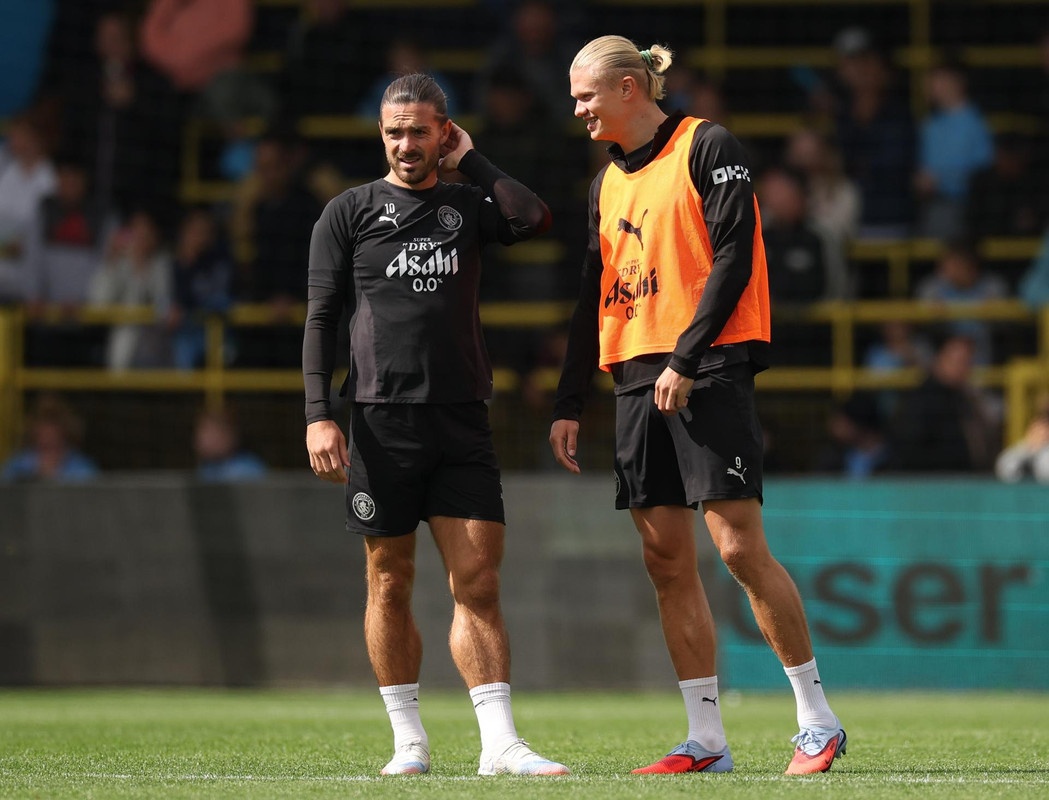Court rules German football clubs must pay police costs at 'high-risk' matches

Bundesliga clubs across Germany may be forced to cover the costs of police at certain 'high-risk' games, after a German court upheld a ruling in the city state of Bremen.
8 months ago
The federal constitutional court on Tuesday dismissed an appeal by the German Football Leagues (DFL) against the practice of asking clubs to pay additional police costs in 'high risk' games. In 2015, the government in the state of Bremen handed club Werder Bremen a bill of around 400,000 euros ($410,100) relating to the home derby match with neighbouring Hamburg.
The DFL has waged a 10-year legal battle to have the fine overturned but suffered a series of legal defeats. On Tuesday the Karlsruhe-based court dismissed the DFL's claim that the practice was unconstitutional. While the ruling relates to Bremen, one of Germany's 16 federal states, the decision is likely to have wide-ranging impacts, with other state governments considering following suit.
Police maintain a presence at matches in the professional leagues but around 50 games per year, usually derby fixtures or those with long-standing rivalries, are deemed higher risk. Bremen's regional interior minister Ulrich Maeurer welcomed the decision and revealed the state had already billed Werder Bremen around two million euros over the past decade.
Recognising how the additional costs will cause a burden for clubs, Maeurer floated the idea of a DFL fund for police costs, an idea the governing body has rejected. The DFL argued areas outside stadiums were the responsibility of the state and should be covered by tax revenue. The German FA (DFB) on Tuesday said the ruling was "incorrect", saying it made clubs "liable for security costs in public areas over which they have no control".
Covering police costs could "threaten the existence" of smaller clubs, the DFB said, adding the ruling "does not improve fan security at all". Tuesday's decision was also criticised by fan groups. In a statement, fan organisation 'Unsere Kurve' said it was "shocked" at the decision and said German football contributed around 1.6 billion euros per season in tax revenue.
Spokesperson Thomas Kessen said the organisers of the Oktoberfest, Cologne Carnival and Berlin's New Years Eve celebrations should now pay police costs, "even if is doubtful whether we as a society would want this".
The DFL has waged a 10-year legal battle to have the fine overturned but suffered a series of legal defeats. On Tuesday the Karlsruhe-based court dismissed the DFL's claim that the practice was unconstitutional. While the ruling relates to Bremen, one of Germany's 16 federal states, the decision is likely to have wide-ranging impacts, with other state governments considering following suit.
Police maintain a presence at matches in the professional leagues but around 50 games per year, usually derby fixtures or those with long-standing rivalries, are deemed higher risk. Bremen's regional interior minister Ulrich Maeurer welcomed the decision and revealed the state had already billed Werder Bremen around two million euros over the past decade.
Recognising how the additional costs will cause a burden for clubs, Maeurer floated the idea of a DFL fund for police costs, an idea the governing body has rejected. The DFL argued areas outside stadiums were the responsibility of the state and should be covered by tax revenue. The German FA (DFB) on Tuesday said the ruling was "incorrect", saying it made clubs "liable for security costs in public areas over which they have no control".
Covering police costs could "threaten the existence" of smaller clubs, the DFB said, adding the ruling "does not improve fan security at all". Tuesday's decision was also criticised by fan groups. In a statement, fan organisation 'Unsere Kurve' said it was "shocked" at the decision and said German football contributed around 1.6 billion euros per season in tax revenue.
Spokesperson Thomas Kessen said the organisers of the Oktoberfest, Cologne Carnival and Berlin's New Years Eve celebrations should now pay police costs, "even if is doubtful whether we as a society would want this".







Comments